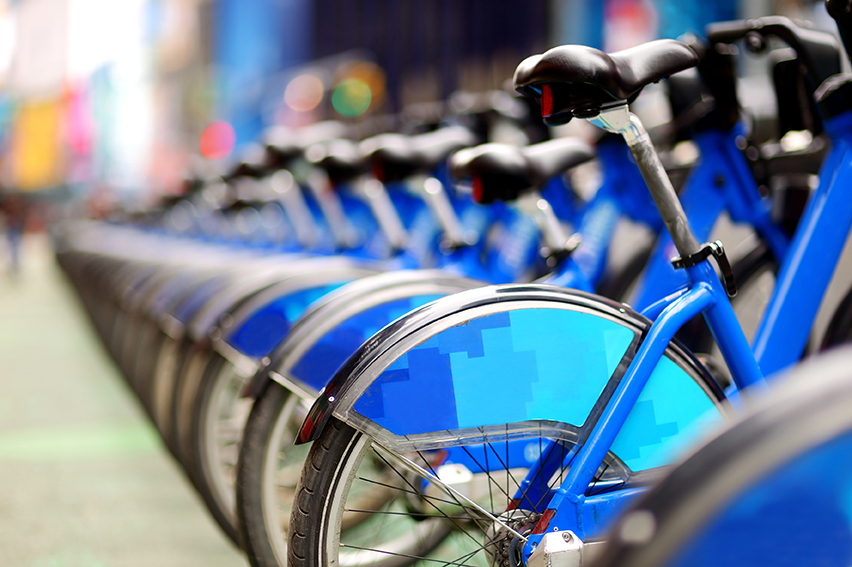此内容只提供英文版本

In China, entrepreneurs are jumping on the wider sharing economy bandwagon in droves, offering an increasingly enriched list of services – everything from smartphone power banks and umbrellas to basketballs and even cigarette lighters.
All these items can be conveniently borrowed on street corners, in shopping malls and subway stations, often with little more than the simple swipe of a smartphone.
According to the China’s State Information Office, last year 600 million Chinese had tried or signed up to use something or were working to provide a service within the sharing economy, creating a market worth 3.45 trillion yuan (US$ 507 billion) in 2016.
Research firm CB Insights claims that three of out of the world’s five most-valuable private companies are all in the sharing economy: Uber ranks first with a valuation of US$68 billion, followed by Didi Chuxing at US$50 billion and Airbnb, worth USS$29.3 billion.
Tony Liang Weihong, a partner at Panda Capital, an investor in Chinese bike-sharing firmMobike, points out that many of the businesses being created under this new economic model have value, but their longer-term success comes down to two simple questions: ‘is there a need from people for whatever you provide’ and ‘is sharing really the best solution?’
For entrepreneurs like Xu Min, who set up China’s first ever basketball-sharing company in March, the answers to both are “yes” and “yes”.
The 31-year-old from Zhejiang province spotted what he hopes will be a billion dollar idea after one of his friends complained about the inconvenience of carrying a basketball around. He then set up a company called Zhulegeqiu, which roughly translates to ‘Rent a Ball’ and started introducing special basketball lockers at outdoor public basketball courts across the country.
Each of the lockers can hold six balls, and by scanning a quick response code on the locker, users can quickly unlock it and borrow the ball for 3 yuan (45 US cents) per hour. The whole self-serve process of borrowing, returning and paying (including a refundable deposit of 49 yuan (US$7.20), is made by smartphone.
“Everyone wants to get in on [the sharing economy]” adds Liang, “This is only possible in China because of the arrival of smartphones, mobile payments, and a very dynamic mobile app ecosystem.
Wilson Chow, from PwC in China and Hong Kong, adds that the nation’s tech-led stampede for sharing isn’t really about saving money, it’s more to do with convenience. ”For young people in China, sharing is not a matter of affordability. They simply don’t want to carry an umbrella around, nor spend money on things that they can use once or twice a month,” he concludes.
Adapted with permission from the South China Morning Post